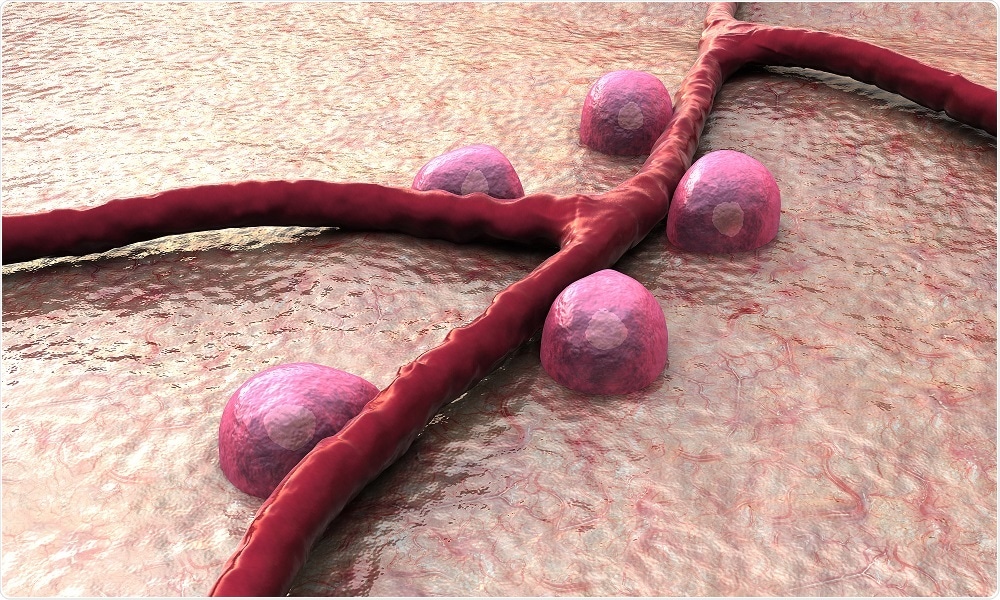
Pancreatic progenitor cells could be used to treat diabetes, suggests study
Researchers have confirmed the existence of progenitor cells in the pancreas that can be stimulated to turn into glucose-responsive beta cells, a finding that could lead to the development of regenerative cell therapies for type 1 diabetes.
 Credit: URGREEN 3S/Shutterstock.com
Credit: URGREEN 3S/Shutterstock.comThe possibility that the pancreas harbors progenitor cells that could regenerate islets has been suggested for decades, but has never been proven, until now. A new study has located those stem cells, and confirmed their ability to develop into glucose-responsive beta cells.
Dominguez-Bendala and team have previously shown that a growth factor called bone morphogenetic protein 7 (BMP-7) stimulates progenitor-like cells within cultured human non-endocrine pancreatic tissue.
In the current study, they have shown that those stem cells exist in the ductal and glandular network of the pancreas. In addition, the cells express PDX1, a protein that is required for the development of beta cells. They also express a cell surface receptor called ALK3 that has been associated with tissue regeneration.
Using “molecular fishing” techniques the researchers were able to extract the cells that express these two proteins, culture them and show that the presence of BMP-7 triggered their proliferation and differentiation into beta cells.
"Together with our previous findings using BMP-7 to stimulate their growth, we believe that we may be able to induce these stem cells to become functional islets," said Dominguez-Bendala.
It is hoped that the findings will aid in the development of regenerative cell therapies for the treatment of both type 1 and type 2 diabetes.























.png)











No hay comentarios:
Publicar un comentario